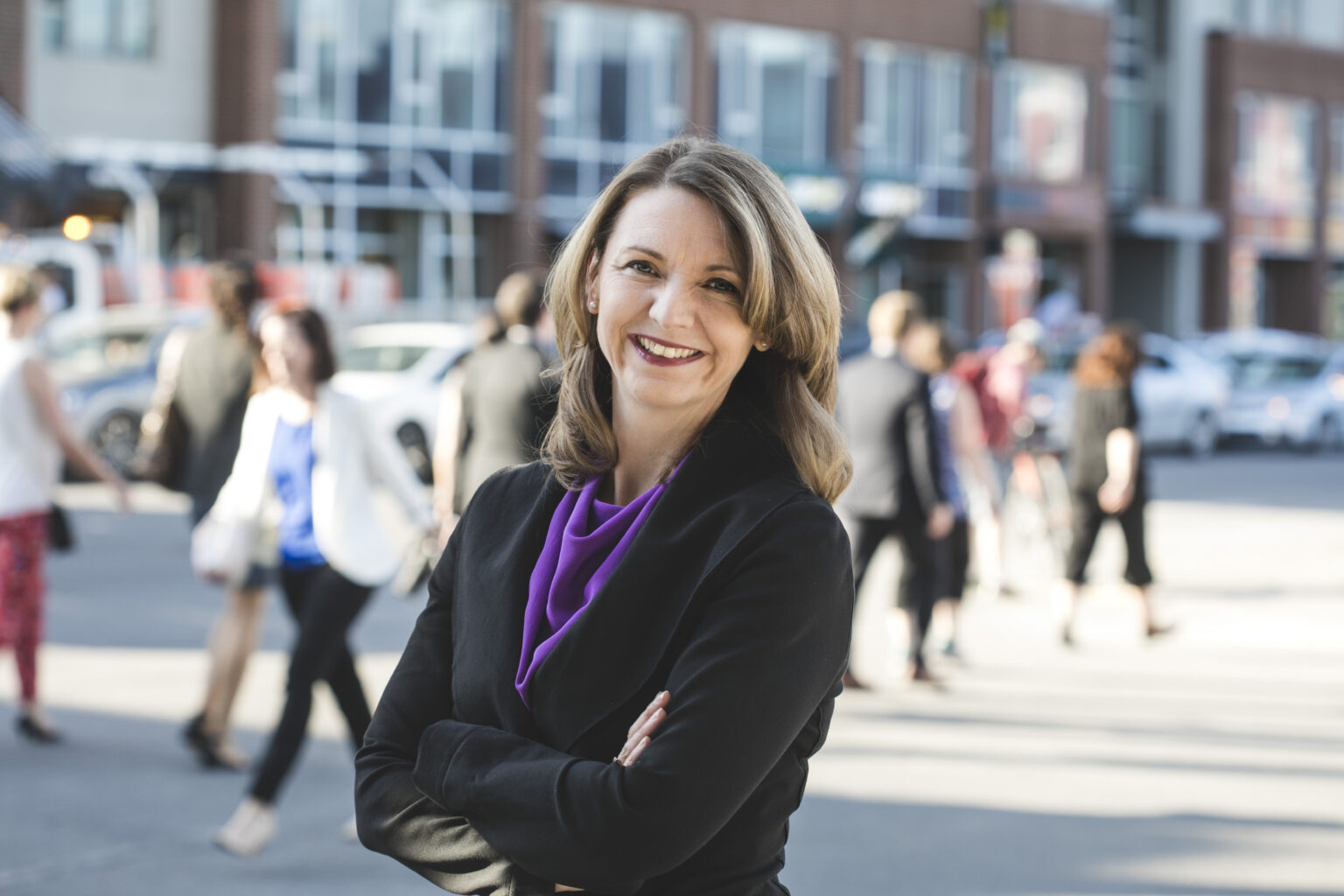A business lobby group that regularly meets with top elected officials and policymakers in British Columbia is now being led by someone who once argued that human-caused climate change is an “untested proposition.”
The Business Council of British Columbia, whose more than 250 members include ConocoPhillips, Shell and the pipeline builder Enbridge, last month appointed Laura Jones as its president and CEO, calling her “a nationally recognized leader in public policy.”
It didn’t mention that Jones began her career in the late 1990s at the Fraser Institute, a libertarian think tank that has received nearly $1.7 million in funding from the Charles G. Koch charitable foundation and has for decades questioned and downplayed links between industrial activities and global temperature rise.
While there, Jones edited a 1997 Fraser Institute book entitled Global Warming: The Science and the Politics, which contained essays by people like Willie Soon and Patrick Michaels, prominent spreaders of doubt about the foundations of climate science whose work has been funded by fossil fuel companies.
“The papers in this volume make it clear that global warming is not a settled issue,” Jones wrote in the introduction. “The scientists raise important questions about the validity of the hysteria over global-warming.”
She also co-edited the 1999 book, Facts, Not Fear: Teaching Children about the Environment, which decried the “amount of misinformation conveyed to our young people through the school system and the media,” and wrote an opinion piece for the Vancouver Sun incorrectly stating that “global warming is a theory, not a fact.”
Publications like this had an impact. The Fraser Institute later bragged in a report endorsed by then-Prime Minister Stephen Harper that one of its biggest intellectual contributions over 35 years in Canada was bringing “to public attention the uncertainties of climate science.”
Since 2015, Jones has been on the Board of Directors of the Macdonald Laurier Institute, a Canadian libertarian think tank that’s also received funding from the Charles G. Koch foundation, as well as the Canadian Association of Petroleum Producers. In 2021, it ran a column in its magazine arguing that, “Politicians and others who warn of an impending climate ‘catastrophe,’ ‘cataclysm’ or ’emergency’ are being unnecessarily alarmist.”
The Business Council of B.C. didn’t respond to questions about whether Jones’ views on climate change have changed since her time at the Fraser Institute. DeSmog couldn’t find any public statements from her disavowing her previous denial.
“It seems to me that when someone says something very clearly wrong, they have a responsibility to own up to that,” said Andrew Gage, a staff lawyer at the Victoria-based organization West Coast Environmental Law, which is helping lead a campaign called Sue Big Oil.
Jones previously held leadership roles at the Canadian Federation of Independent Business, an association that published reports about “the importance of Alberta’s oil and gas sector” and urged the federal government to “consider eliminating the carbon tax.”
She’s succeeding as head of the Business Council Greg D’Avignon, who spent 12 years with the organization. Last year, D’Avignon met with B.C.’s premier, cabinet ministers and other top decision-makers dozens of times, according to provincial lobbying records.
Jones will be representing major fossil fuel producers in her interactions with the B.C. government. But the Business Council’s members span a wide range of industries, including companies whose business model is based on solving climate change and others that are highly exposed to extreme weather and climate disasters.
“There’s a big difference between the business of the oil and gas industry, and that of fishers, or forestry companies,” Gage said. “You cannot really represent all those interests without having a pretty realistic appraisal of the impacts of climate change.”
Subscribe to our newsletter
Stay up to date with DeSmog news and alerts







